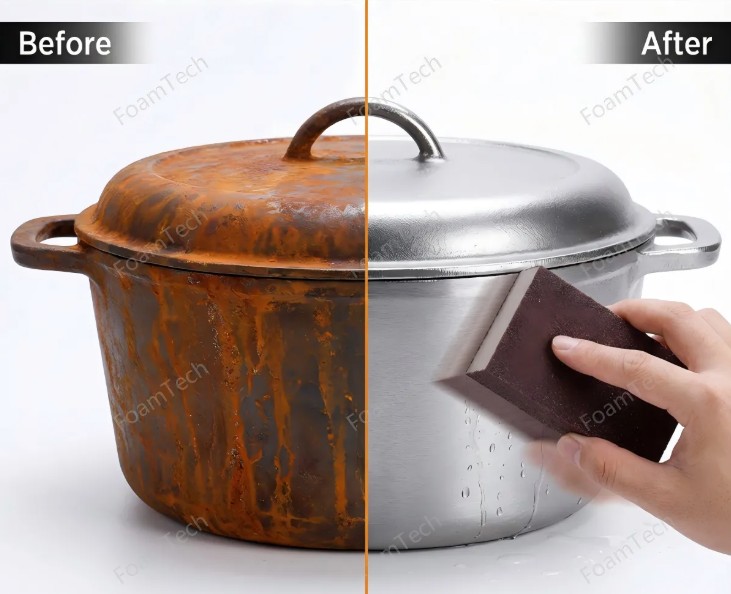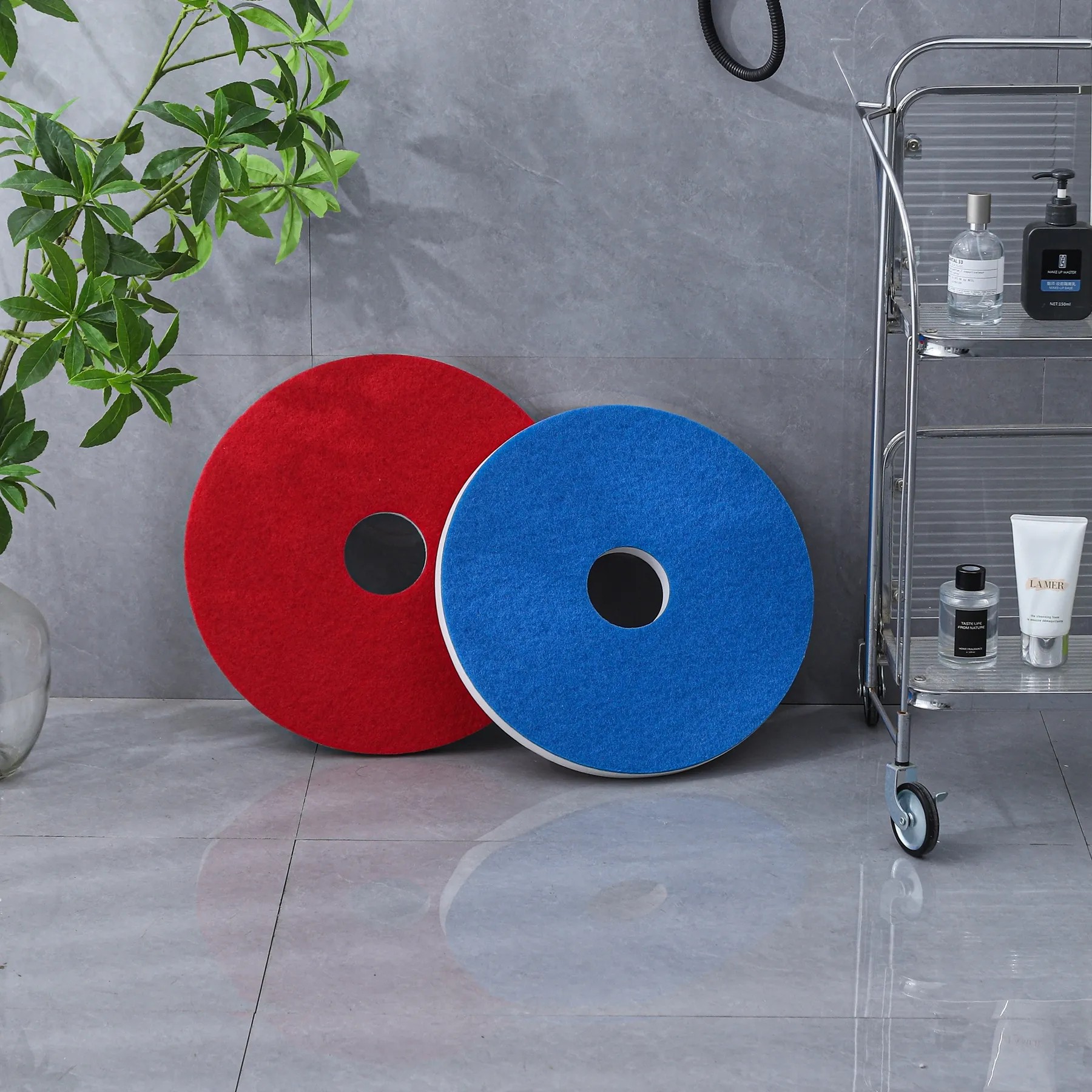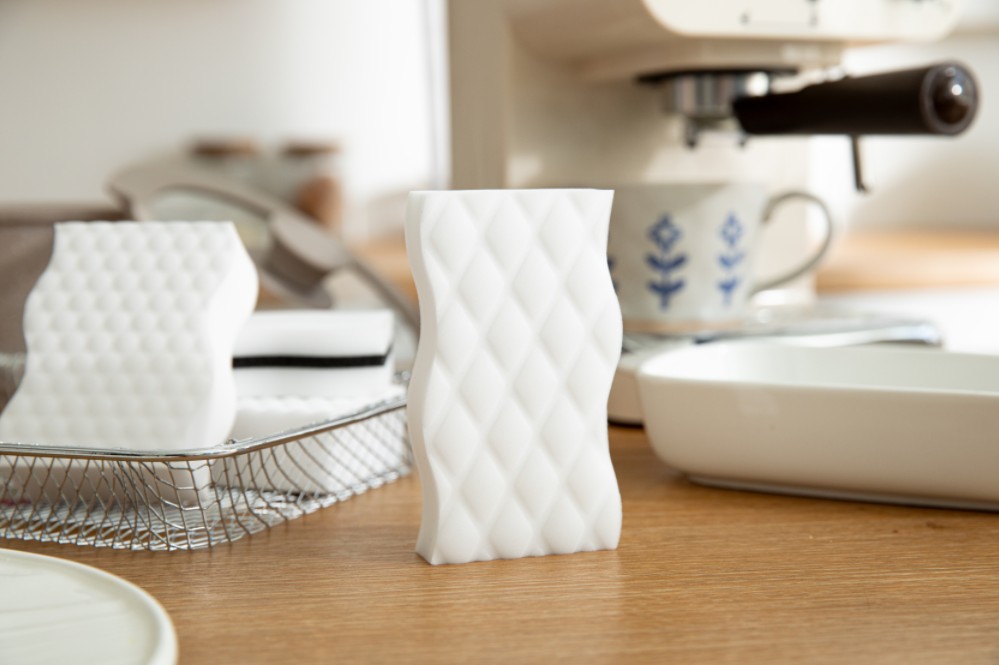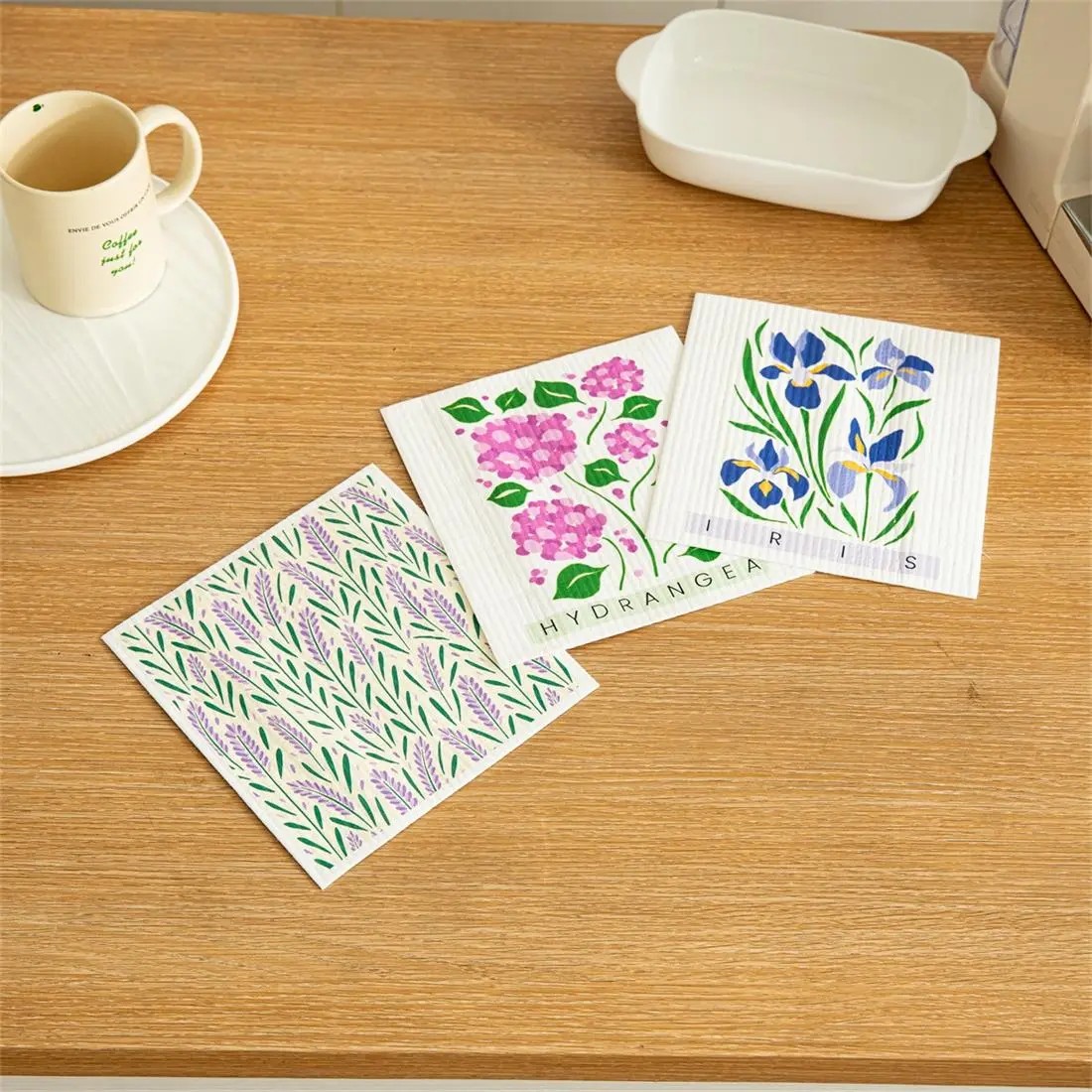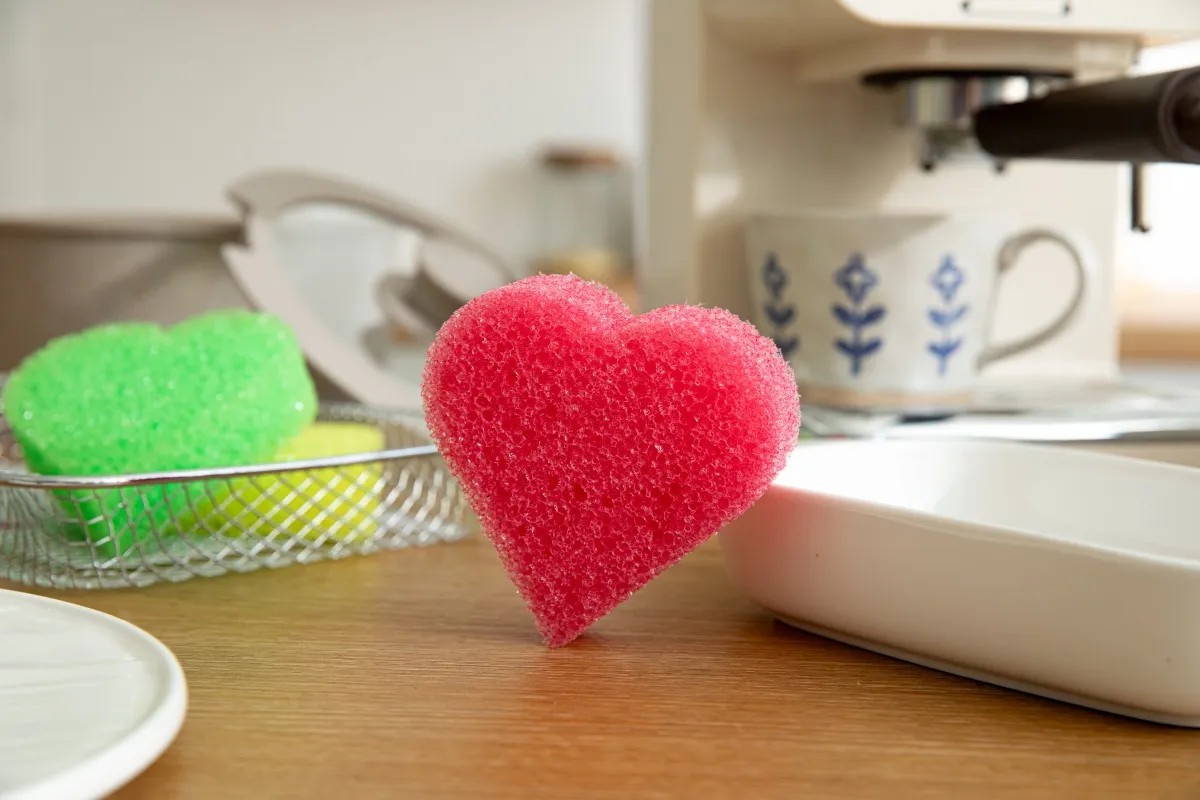Will Melamine Sponge Make Stainless Steel Look New Again
2025-09-15
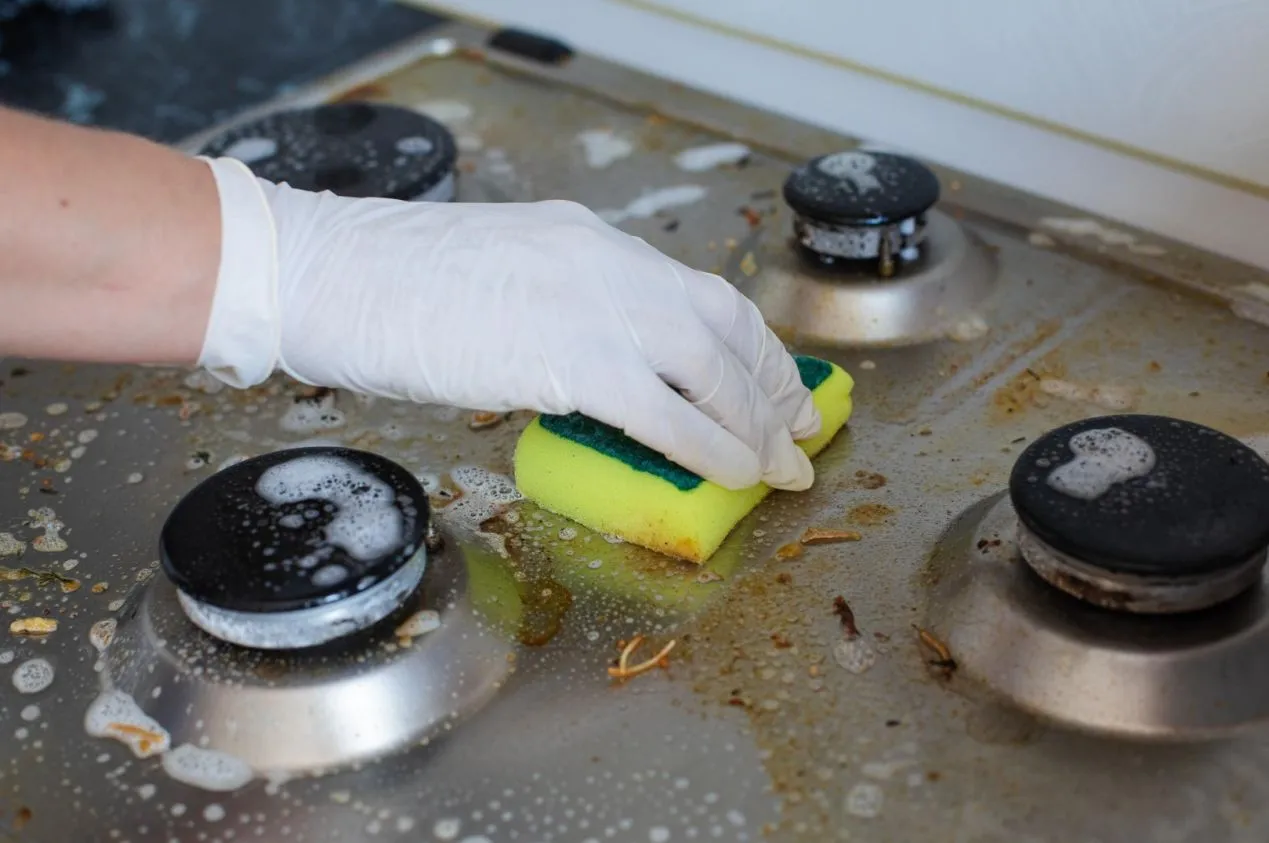
Stainless steel is everywhere, from the shiny refrigerator in your kitchen to the handrails in public spaces. Over time, it loses that bright look. Marks, stains, and smudges make it dull. Many people want to know if a melamine sponge can bring back that fresh shine. The answer depends not only on how the sponge works but also on who makes it. FoamTech, a specialist in melamine foam, has built a strong base with years of research, tough quality checks, and even custom private label programs for international clients. Their strict testing process shows they take cleaning safety seriously. With these points in mind, it is easier to look at whether stainless steel can really look new again.
What Makes Stainless Steel Lose Its Shine Over Time?
Stainless steel is tough, but it is not perfect. You see it every day in the kitchen or office. Over weeks and months, the bright finish fades. The reasons are more common than you may think.
Everyday Fingerprints and Grease Buildup
Greasy hands leave prints on doors and sinks. Cooking splashes also add oil films. These smudges build up little by little, so the surface looks darker.
Water Spots and Mineral Deposits
Hard water leaves white marks on sinks or kettles. Minerals dry into solid spots. Once dry, they are not easy to wipe away with a soft cloth.
Micro-Scratches From Harsh Cleaning Tools
Scrubbing with steel wool or rough pads adds many tiny scratches. One scratch is small, but a hundred scratches scatter the light. The steel then looks hazy, not mirror-like.
How Does Melamine Sponge Work on Stainless Steel?
A melamine sponge is not like soap or polish. It is a foam with millions of small holes. These holes act like very fine sandpaper. Instead of chemicals, you just use water. In ceramic studios, potters even use melamine foam to remove extra color from fired ware, showing how it can polish gently.
Open-Cell Foam Creating Micro-Abrasive Action
The open-cell structure means the sponge has countless micro-surfaces. As you rub, it scrapes dirt softly, making the steel smoother without sharp cuts.
Cleaning with Only Water Without Extra Chemicals
You wet the sponge, squeeze the water, and wipe along the surface. No extra soap is needed. That means no leftover chemical film, only clean steel.
Proven Safe Results in Household and Industrial Tests
Tests made under standards such as GB/T16886.10-2024 reported no skin reaction in animals. This result makes the sponge safe for daily home or work use.
Can Melamine Sponge Damage Stainless Steel Surfaces?
This is a fair question. Stainless steel looks delicate even if it is strong. Will a sponge that works like sandpaper do harm?
Gentle Abrasion That Polishes Without Deep Scratches
The sponge slowly wears down during use. It leaves small foam dust, which is harmless and rinses away. The rubbing action polishes without cutting deep into the metal.
Comparison With Steel Wool and Harsh Scouring Pads
Steel wool makes grooves that you cannot hide. A melamine sponge, in contrast, rubs softly on the top layer. The effect is smoother and safer for the surface.
Safety Confirmed by FoamTech Testing and Quality Control
Audits from well-known groups such as TÜV Rheinland show that production follows strict safety rules. This means the foam is safe both in the factory and in your hands.
Which Melamine Sponge Products Are Best for Stainless Steel Cleaning?
Not all sponges are the same. Some are thin and easy to handle. Others are thick and strong for heavy dirt.
Melamine Sponge Cleaning Sheet for Precise Polishing
The Melamine Sponge Cleaning Sheet is flat and slim. You can clean corners, door handles, or narrow lines on kitchen appliances. It is easy to control, so you don’t press too hard.
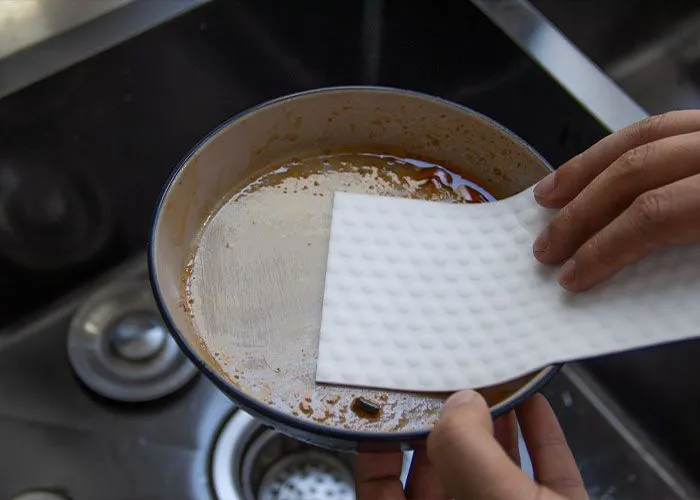
Dual Layer Kitchen PU Sponge for Tough Stains
The Dual Layer Kitchen PU Sponge is thicker and stronger. If your sink has grease or your stove has dried oil, this type lasts longer before breaking apart.
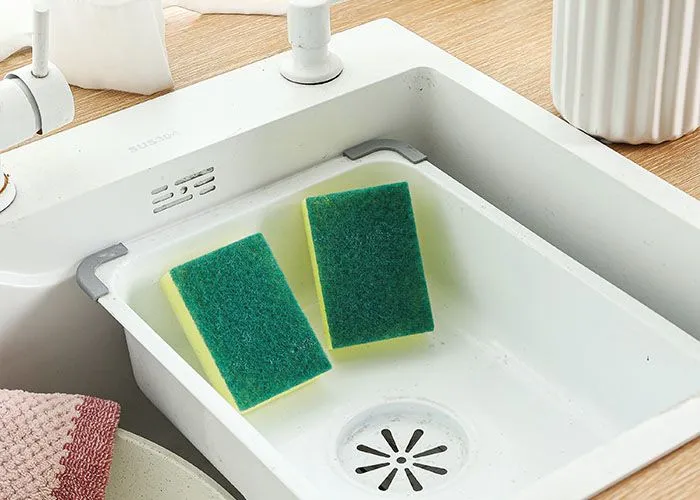
Private Label Options for Customized Stainless Steel Care
Some buyers want their own label. With private label solutions, you can pick the design, the package, and even the sponge type. It is good for brands looking to sell cleaning products under their own name.
Why Choose FoamTech for Stainless Steel Cleaning Solutions?
A good sponge is only part of the story. You also care about the maker. A reliable producer means less risk for your business and better quality for your users.
Strong Global Presence With Years of Export Experience
The company has passed amfori BSCI checks and has been reviewed by TÜV Rheinland and TÜV NORD. These audits show that it meets global trade standards.
Advanced R&D and Strict Quality Management System
Production lines handle foaming, cutting, and packing with control at each stage. Reports show output of around 150,000 cubic meters of foam per year. This shows both scale and stability.
Flexible Private Label Services for Business Clients
Buyers can choose custom shapes and packaging. This makes it easier to launch new product lines in different markets.
How Do You Use Melamine Sponge Correctly on Stainless Steel?
Even the best sponge can work poorly if used the wrong way. Small details in use matter.
Step by Step Cleaning with Dampen and Wipe Method
Wet the sponge in clean water. Squeeze out extra water so it is damp, not dripping. Wipe along the grain of the steel. Avoid circles, as they may leave uneven marks.
Recommended Surfaces and Areas of Application
You can use it on sinks, doors of fridges, steel pans, and even railings. Don’t use it on glossy coated steel where the finish may be soft.
Tips for Extending Product Life and Avoiding Overuse
Cutting one sponge into smaller pieces is smart. Potters often do the same to make each piece last longer. Always rinse the sponge after use so the dirt does not stay inside.
Will Stainless Steel Look New Again After Regular Cleaning?
The goal is to restore the bright look. Regular care makes a big difference.
Visible Restoration of Shine and Smooth Finish
After wiping, fingerprints and stains fade fast. The steel reflects light again. Even a dull sink can shine more after one session.
Long-Term Maintenance with Consistent Use
Cleaning once a week stops dirt from building up. With time, the steel holds its bright look longer, without turning cloudy.
Customer Feedback and Industry Case Studies
Reports from users show good results in kitchens, offices, and workshops. In ceramics, melamine foam lifts extra pigments from surfaces. That same effect removes marks and buildup on stainless steel.
FAQ
Q1: Can melamine sponge scratch stainless steel?
A: It polishes with fine abrasion. It is gentler than steel wool, so deep scratches are rare if used with care.
Q2: Does melamine sponge leave harmful residue?
A: It leaves small foam dust that rinses away. Tests show no harmful effects under normal use.
Q3: Can businesses source private label stainless steel cleaning products?
A: Yes, private label programs allow companies to create their own cleaning range with custom designs.
Stainless steel is everywhere, from the shiny refrigerator in your kitchen to the handrails in public spaces. Over time, it loses that bright look. Marks, stains, and smudges make it dull. Many people want to know if a melamine sponge can bring back that fresh shine. The answer depends not only on how the sponge works but also on who makes it. FoamTech, a specialist in melamine foam, has built a strong base with years of research, tough quality checks, and even custom private label programs for international clients. Their strict testing process shows they take cleaning safety seriously. With these points in mind, it is easier to look at whether stainless steel can really look new again.
What Makes Stainless Steel Lose Its Shine Over Time?
Stainless steel is tough, but it is not perfect. You see it every day in the kitchen or office. Over weeks and months, the bright finish fades. The reasons are more common than you may think.
Everyday Fingerprints and Grease Buildup
Greasy hands leave prints on doors and sinks. Cooking splashes also add oil films. These smudges build up little by little, so the surface looks darker.
Water Spots and Mineral Deposits
Hard water leaves white marks on sinks or kettles. Minerals dry into solid spots. Once dry, they are not easy to wipe away with a soft cloth.
Micro-Scratches From Harsh Cleaning Tools
Scrubbing with steel wool or rough pads adds many tiny scratches. One scratch is small, but a hundred scratches scatter the light. The steel then looks hazy, not mirror-like.
How Does Melamine Sponge Work on Stainless Steel?
A melamine sponge is not like soap or polish. It is a foam with millions of small holes. These holes act like very fine sandpaper. Instead of chemicals, you just use water. In ceramic studios, potters even use melamine foam to remove extra color from fired ware, showing how it can polish gently.
Open-Cell Foam Creating Micro-Abrasive Action
The open-cell structure means the sponge has countless micro-surfaces. As you rub, it scrapes dirt softly, making the steel smoother without sharp cuts.
Cleaning with Only Water Without Extra Chemicals
You wet the sponge, squeeze the water, and wipe along the surface. No extra soap is needed. That means no leftover chemical film, only clean steel.
Proven Safe Results in Household and Industrial Tests
Tests made under standards such as GB/T16886.10-2024 reported no skin reaction in animals. This result makes the sponge safe for daily home or work use.
Can Melamine Sponge Damage Stainless Steel Surfaces?
This is a fair question. Stainless steel looks delicate even if it is strong. Will a sponge that works like sandpaper do harm?
Gentle Abrasion That Polishes Without Deep Scratches
The sponge slowly wears down during use. It leaves small foam dust, which is harmless and rinses away. The rubbing action polishes without cutting deep into the metal.
Comparison With Steel Wool and Harsh Scouring Pads
Steel wool makes grooves that you cannot hide. A melamine sponge, in contrast, rubs softly on the top layer. The effect is smoother and safer for the surface.
Safety Confirmed by FoamTech Testing and Quality Control
Audits from well-known groups such as TÜV Rheinland show that production follows strict safety rules. This means the foam is safe both in the factory and in your hands.
Which Melamine Sponge Products Are Best for Stainless Steel Cleaning?
Not all sponges are the same. Some are thin and easy to handle. Others are thick and strong for heavy dirt.
Melamine Sponge Cleaning Sheet for Precise Polishing
The Melamine Sponge Cleaning Sheet is flat and slim. You can clean corners, door handles, or narrow lines on kitchen appliances. It is easy to control, so you don’t press too hard.

Dual Layer Kitchen PU Sponge for Tough Stains
The Dual Layer Kitchen PU Sponge is thicker and stronger. If your sink has grease or your stove has dried oil, this type lasts longer before breaking apart.

Private Label Options for Customized Stainless Steel Care
Some buyers want their own label. With private label solutions, you can pick the design, the package, and even the sponge type. It is good for brands looking to sell cleaning products under their own name.
Why Choose FoamTech for Stainless Steel Cleaning Solutions?
A good sponge is only part of the story. You also care about the maker. A reliable producer means less risk for your business and better quality for your users.
Strong Global Presence With Years of Export Experience
The company has passed amfori BSCI checks and has been reviewed by TÜV Rheinland and TÜV NORD. These audits show that it meets global trade standards.
Advanced R&D and Strict Quality Management System
Production lines handle foaming, cutting, and packing with control at each stage. Reports show output of around 150,000 cubic meters of foam per year. This shows both scale and stability.
Flexible Private Label Services for Business Clients
Buyers can choose custom shapes and packaging. This makes it easier to launch new product lines in different markets.
How Do You Use Melamine Sponge Correctly on Stainless Steel?
Even the best sponge can work poorly if used the wrong way. Small details in use matter.
Step by Step Cleaning with Dampen and Wipe Method
Wet the sponge in clean water. Squeeze out extra water so it is damp, not dripping. Wipe along the grain of the steel. Avoid circles, as they may leave uneven marks.
Recommended Surfaces and Areas of Application
You can use it on sinks, doors of fridges, steel pans, and even railings. Don’t use it on glossy coated steel where the finish may be soft.
Tips for Extending Product Life and Avoiding Overuse
Cutting one sponge into smaller pieces is smart. Potters often do the same to make each piece last longer. Always rinse the sponge after use so the dirt does not stay inside.
Will Stainless Steel Look New Again After Regular Cleaning?
The goal is to restore the bright look. Regular care makes a big difference.
Visible Restoration of Shine and Smooth Finish
After wiping, fingerprints and stains fade fast. The steel reflects light again. Even a dull sink can shine more after one session.
Long-Term Maintenance with Consistent Use
Cleaning once a week stops dirt from building up. With time, the steel holds its bright look longer, without turning cloudy.
Customer Feedback and Industry Case Studies
Reports from users show good results in kitchens, offices, and workshops. In ceramics, melamine foam lifts extra pigments from surfaces. That same effect removes marks and buildup on stainless steel.

